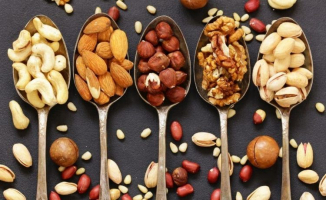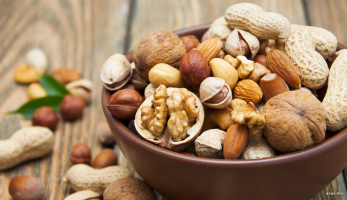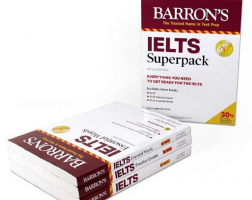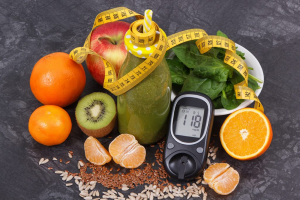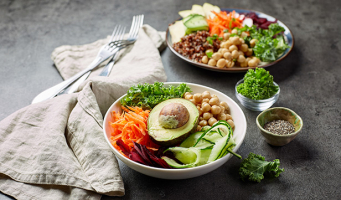Top 5 Best Nuts For Pregnancy
It is easy to understand if nuts are one of those foods people are hesitant to eat when they are pregnant. There are a lot of parents who are unsure whether or ... read more...not to eat nuts during pregnancy. With all of this in mind, the good news is that you can continue to eat some kinds of nuts during pregnancy. Here is the list of the best nuts for pregnancy. We are sure that you will not want to miss it.
-
The edible fruit of the almond tree, which grows primarily in the Middle East, is known as almonds. Almonds have long been regarded as the epitome of health and wellness, as they are tasty, nutty, and crispy. The kernels are one of the best sources of plant-based nutrients for good health.
The almond kernel has a brown exterior peel and creamy-white meat. It is oval to conical in shape, measures about 2 cm long and 1 cm wide, and weighs 1.5 to 2 grams. Its cultivation and processing have become a major commercial crop in many parts of the world, including the United States, in recent years. Nuts and dry fruits are generally avoided by women during pregnancy due to their high fat and heat content. The truth is that almonds are perfectly safe to eat while pregnant.
Some of the health benefits of eating almonds during pregnancy:
- Almonds contain folic acid, which is essential for the brain and neurological development of the fetus.
- Almonds are a good source of fat and carbohydrates in the diet. They can also help with oxidative stress, inflammation, and blood sugar levels. This protects newborns from metabolic abnormalities later in life, which is common in high-risk pregnancies where the mother has obesity or diabetes.
- Almonds are high in iron, which aids in the development of the baby's heart and improves immunity.
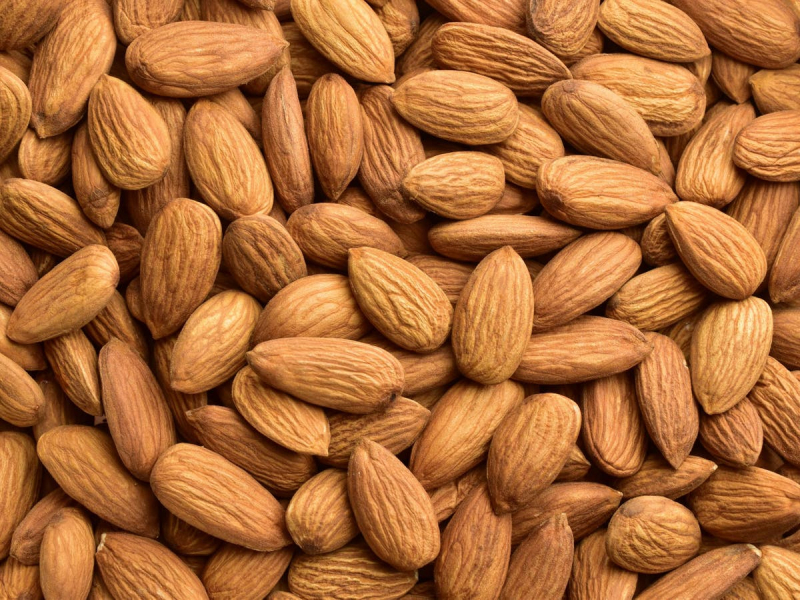
Almonds. Photo: independent.co.uk 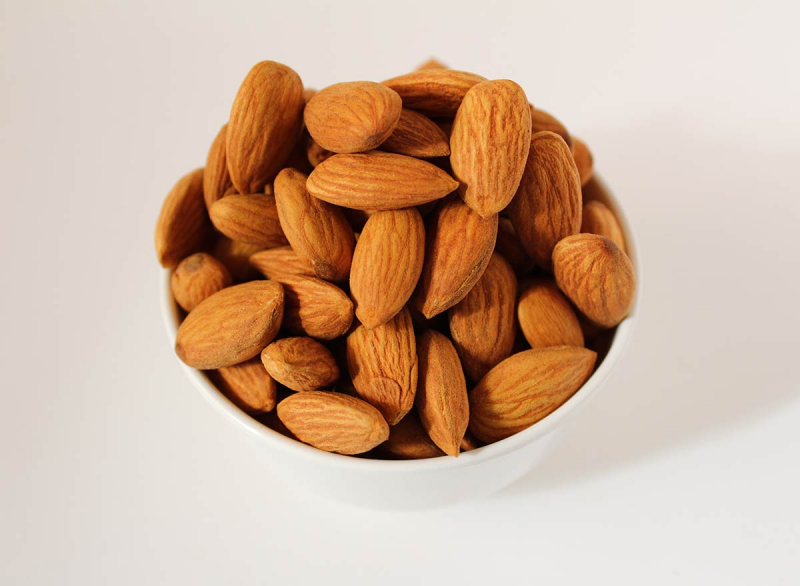
Almonds. Photo: eatthis.com -
Walnuts, also known as "akhrot" in Hindi, are incredibly nutritious and safe to eat during pregnancy. The kernel of a walnut resembles a brain, and not only does it resemble a brain, but it also aids in brain function. Aside from that, there are many other advantages to eating walnuts while pregnant. Walnuts can be eaten in a variety of ways. They can be eaten whole or finely chopped, depending on your preference.
Walnuts can also be used in baked goods, meat and fish meals, as well as vegetable and fruit salads. Walnuts are also used by women as a treatment for a variety of health issues because medications are not recommended during pregnancy. While walnuts are safe to eat during pregnancy, they should not be ingested in large quantities. This is because an excessive amount of anything can be harmful to your health, and walnuts are no exception.
Some of the health benefits of eating walnuts during pregnancy:
- Walnuts are high in Omega-3 fatty acids and proteins, which can help your unborn baby's eyes and brain develop properly.
- When consumed in moderation, walnuts can also aid in the maintenance of a healthy lipid profile during pregnancy.
- Walnuts are high in protein and fiber, both of which are essential for a pregnant woman.
- Walnuts are high in antioxidants, which can benefit a pregnant woman's immune system. It is recommended that you eat the brown skin of walnuts as well. This is due to the fact that the skin of walnuts contains 90% of the antioxidants.
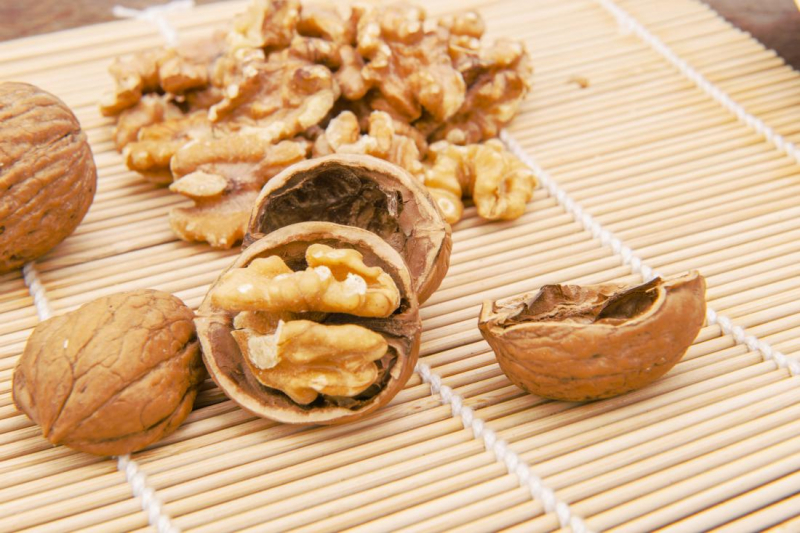
Walnuts. Photo: medicalnewstoday.com 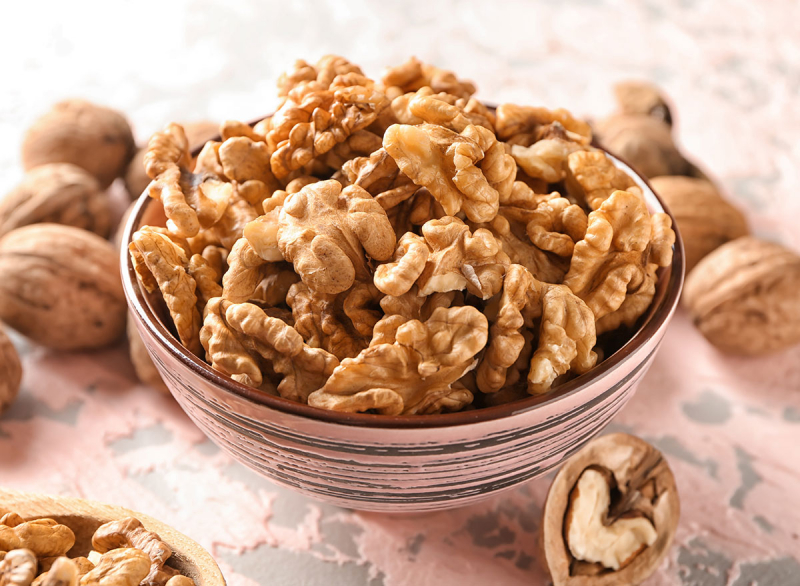
Walnuts. Photo: eatthis.com -
Organic cashew nuts, despite their small size, are packed with nutrients and delicious! Cashews preserve their original flavor and are healthier because they are cultivated naturally without the use of herbicides, pesticides, or insecticides. Organic cashews are high in copper, magnesium, phosphorus, manganese, carbs, and vitamins, making them a must-have snack for expecting mothers.
Every ounce (28 grams) of cashew nut has 9 grams of carbs, 4.3 grams of protein, and 13 grams of fat, making them nature's own vitamin pills. Cashews also aid in the fetus's overall development and provide the mother's body with the nutrition she needs during pregnancy. This versatile and healthy food is a must-have for pregnant women.
Some of the health benefits of eating cashews during pregnancy:
- Cashew nuts are rich in vitamins and other nutrients that your baby will require as it develops.
- During pregnancy, cashew nuts have been shown to help prevent gum and tooth decay.
- Cashew nuts can help keep your lipid profile in check throughout pregnancy, especially if you are at risk for gestational diabetes.
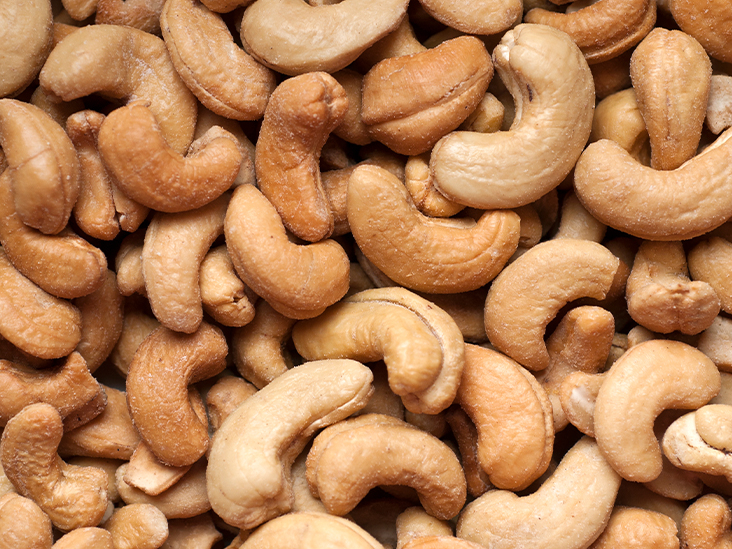
Cashews. Photo: healthline.com 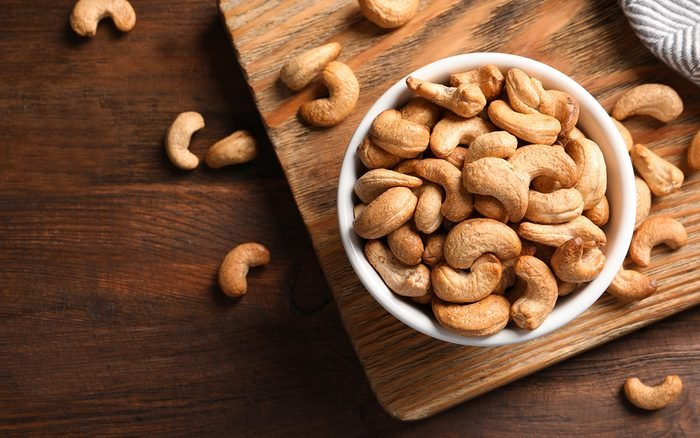
Cashews. Photo: tasteofhome.com -
Macadamias are the next best nuts for pregnancy on our list today. Many pregnant women believe that avoiding macadamia nuts can lower their baby's risk of having a nut allergy. However, this has not been proven to be beneficial in doing so. The American Academy of Pediatrics (AAP), the Australasian Society of Clinical Immunology and Allergy (ASCIA), and the Australian Dietary Guidelines all advise against it.
On the other hand, macadamias are proved to be good nuts during pregnancy. There are numerous advantages to eating macadamia nuts while pregnant, and the only reason a mother-to-be should avoid them is if she is allergic to them.
Some of the health benefits of eating macadamias during pregnancy:
- Macadamia nuts are high in monounsaturated fats, which are good for our hearts.
- Macadamia nuts are also low in carbs and sugar (unless you purchase the chocolate-coated ones), with a decent amount of fiber.
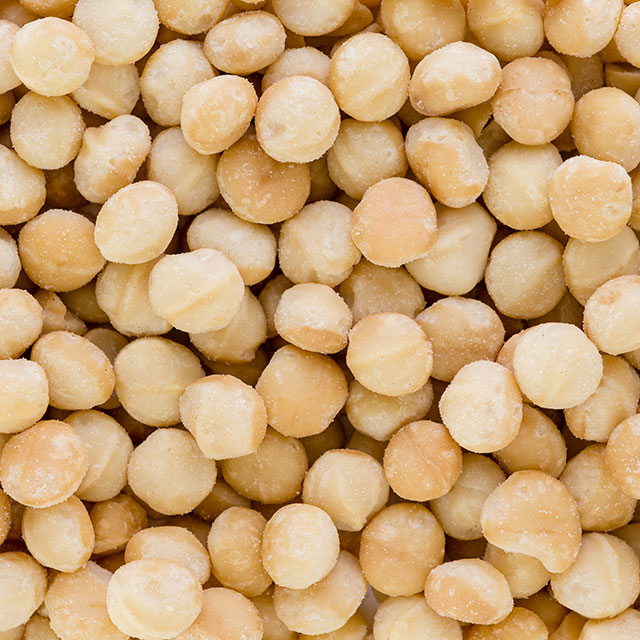
Macadamias. Photo: ofi.com 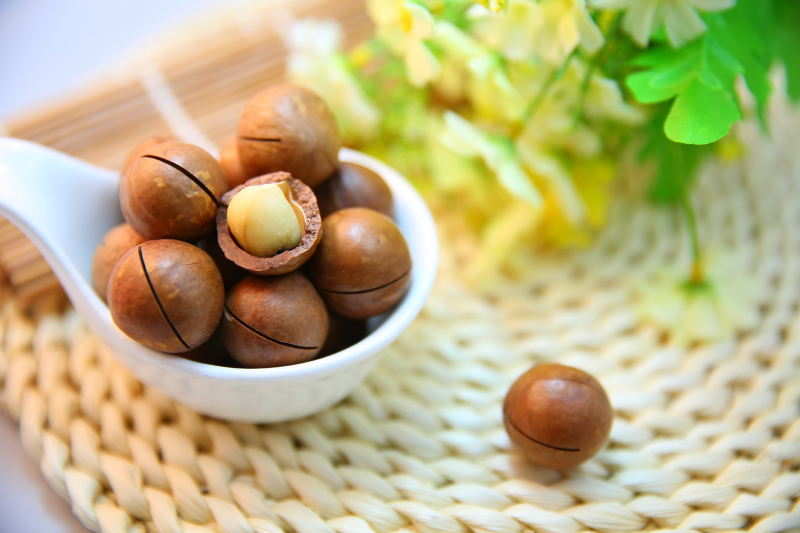
Macadamias. Photo: epcofoods.com -
Brazil nuts are the next name on the list of the best nuts for pregnancy. Brazil nuts are tree nuts endemic to Brazil, Bolivia, and Peru's Amazon rainforests. Raw or blanched, their smooth, buttery texture and nutty flavor are popular. These nuts are high in energy, high in nutrients, and one of the best sources of the mineral selenium in the diet.
Brazil nuts may help your health in a variety of ways, including thyroid gland regulation, inflammation reduction, and heart, brain, and immune system support.
Some of the health benefits of eating during pregnancy:
- Brazil nuts are high in selenium, a potent antioxidant that protects your body from a variety of chronic illnesses while also supporting your thyroid.
- Brazil nuts are high in antioxidants, minerals, and fiber, which may help lower your risk of heart disease. They also include heart-healthy fatty acids like polyunsaturated fats.
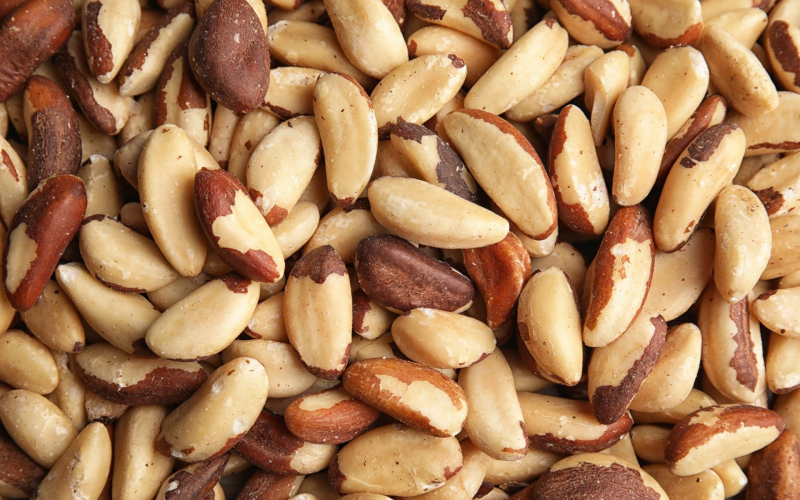
Brazil nuts. Photo: brazilbustravel.com 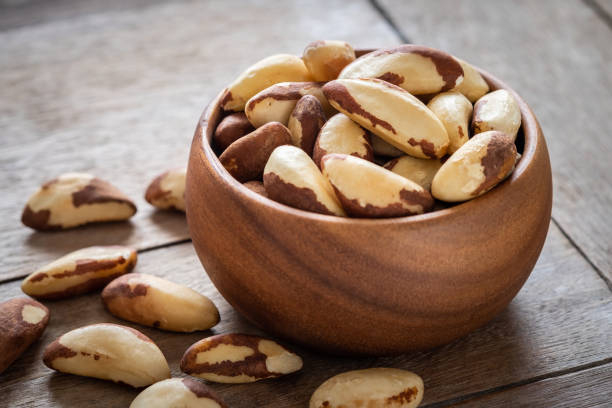
Brazil nuts. Photo: istockphoto.com







